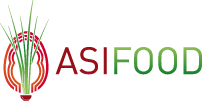Montpellier SupAgro it’s 1669 students, 88 teacher-researchers and 321 staff members. It offers a full range of training courses from Bachelor (professional) degree to PhD, as well as several excellent engineer training curricula.
Its main purpose is initial and continuing training, research, international scientific and technical cooperation, and development represent the main missions.

Agriculture, food, environment and rural territories are at the heart of its concerns
Our ambition is to train actors who will participate in designing and implementing the new agricultural revolution in order to Feed the planet and to Manage sustainable resources and territories. The institute is deliberately open to international education: 25 % of the students are foreigners (50% out of PhD students). The institute offers training courses specifically dedicated to Mediterranean and Tropical issues.
Our Strategy : Thanks to this attractiveness, Montpellier SupAgro has recorded a significant growth over these recent years (the number of students has doubled in ten years). The Institute’s project conceived in 2011 focuses the future development on much more qualitative than quantitative targets. It intends To reorganize the training courses offer and to make it more comprehensible to increase the international process, Extend socio-economic partnerships, Widen the quality approach to all training courses, Launch a sustainable and deliberate approach
An outstanding environment : Montpellier SupAgro is located in the heart of the most dynamic town in France. It benefits from a prominent and worldwide scientific environment in agricultural sciences, federated by Agropolis International. This association gathers more than 2000 scientific executives within 112 research units. It is the first cluster of this kind in Europe. The headquarters of the Consortium Group on International Agricultural Research (CGIAR) is also located in Montpellier. The CGIAR with fifteen specialized research institutes set up in most developing countries, and with its 8500 researchers is the worldwide leader in agricultural sciences.

